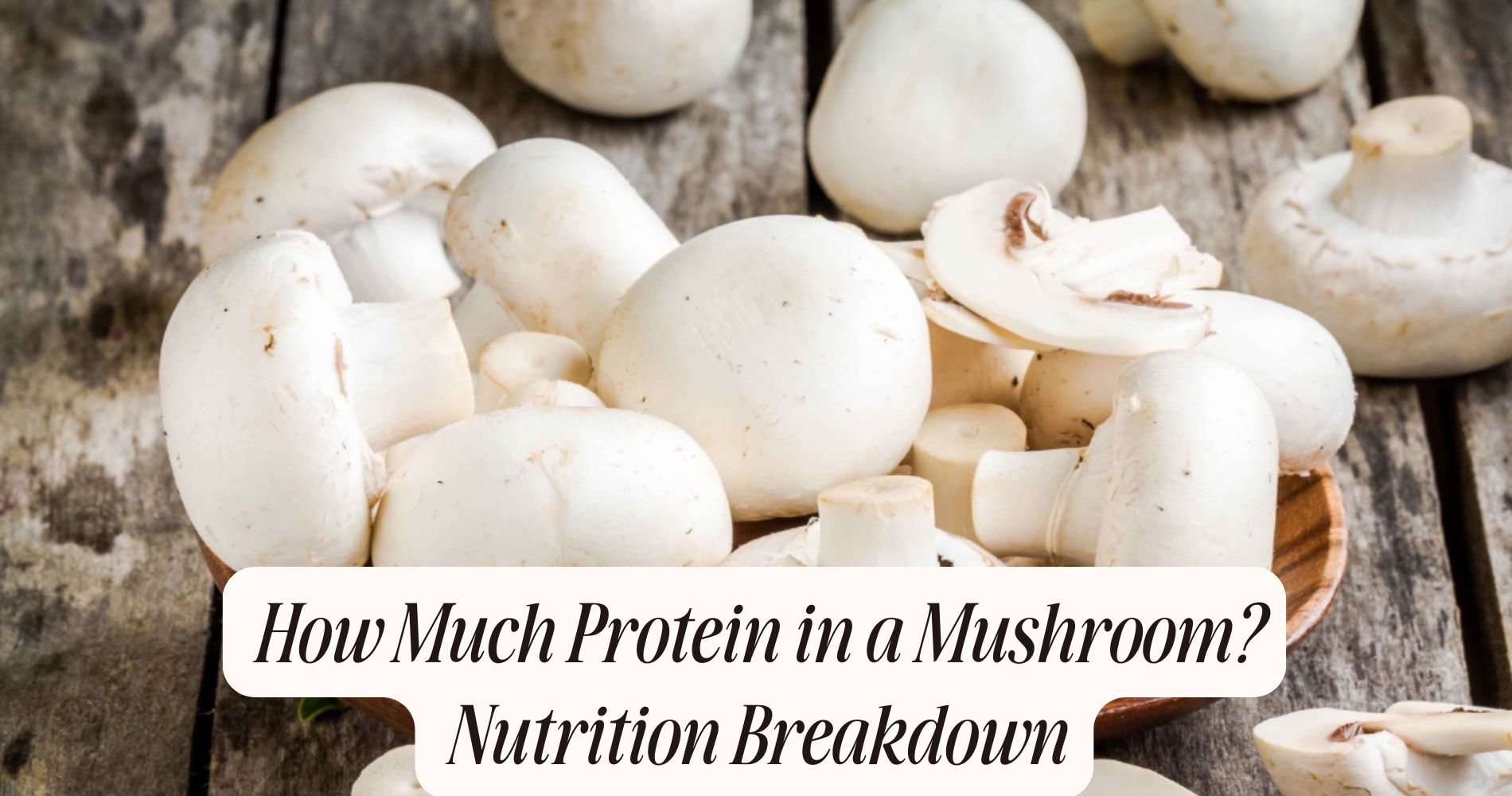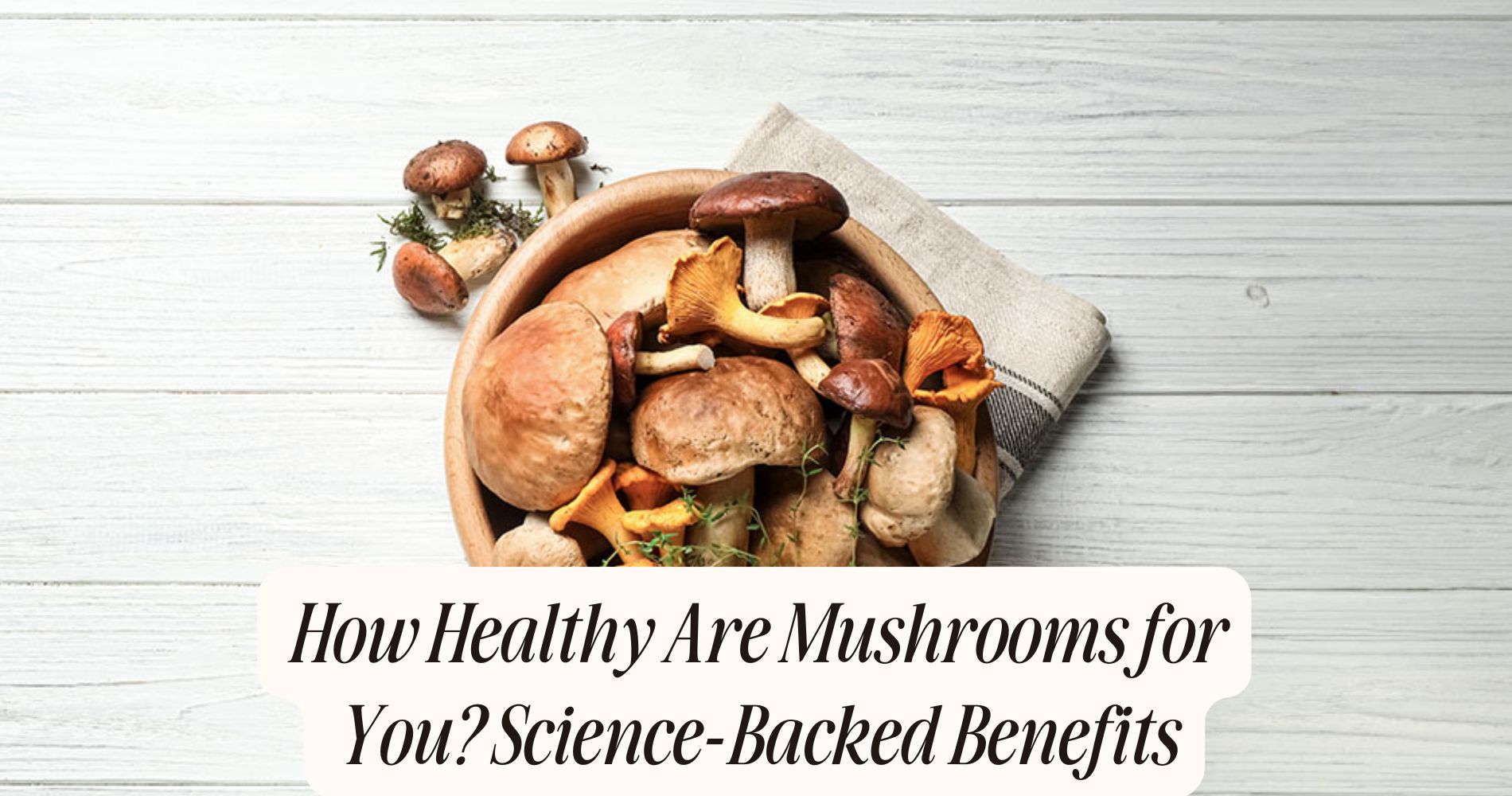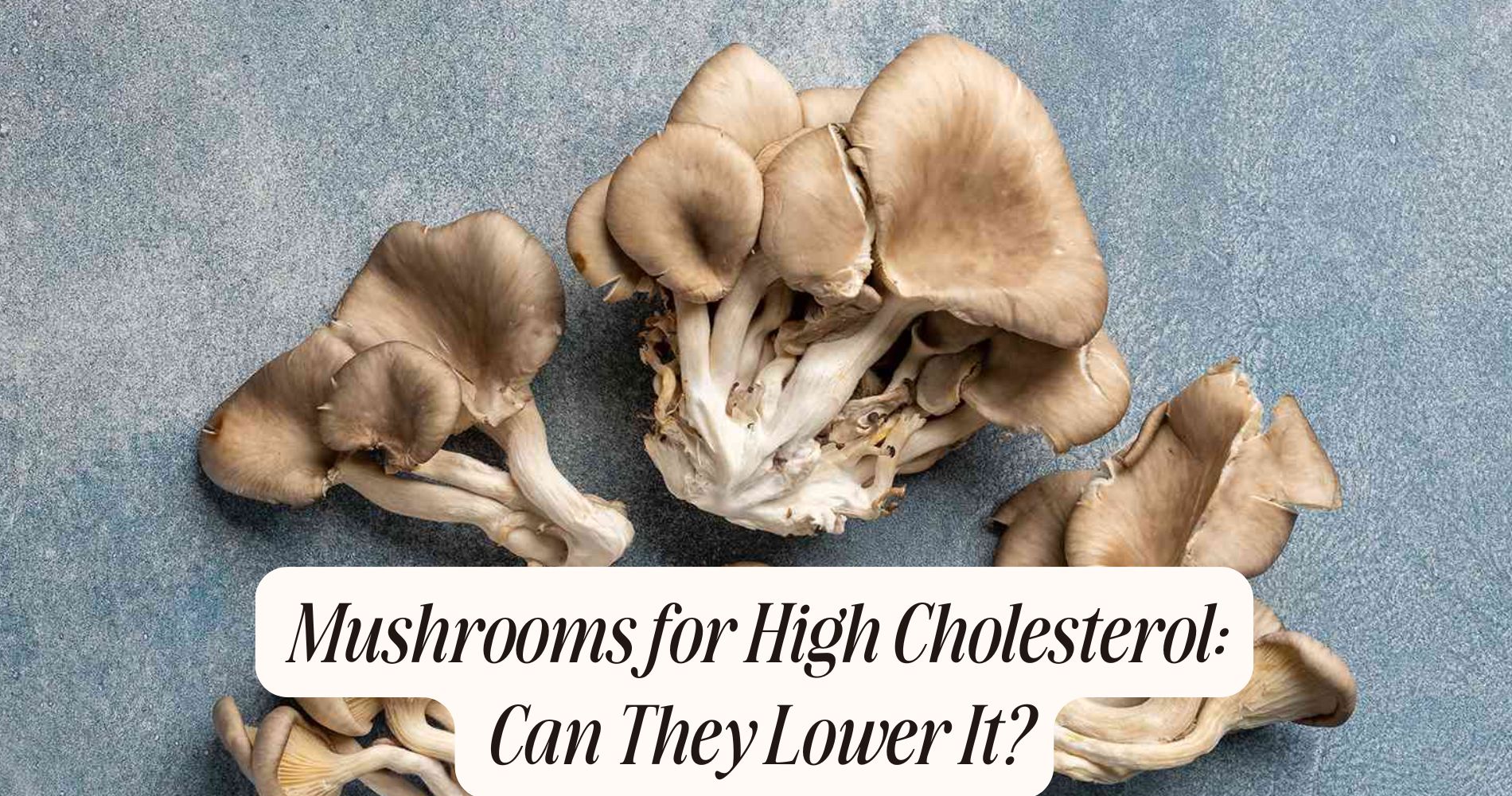
How Much Protein in a Mushroom? Nutrition Breakdown
How much protein in a mushroom? Mushrooms might not be your primary protein source, but they're a nutritious option with essential nutrients. In 100 grams, white button mushrooms have 3.1 grams, portobellos 3.6 grams, shiitakes 2.2 grams, and oysters 3.3 grams of protein. While mushrooms provide less protein than chicken or lentils, they are low-calorie, rich in antioxidants, and versatile. Incorporating them into meals offers dietary diversity and a boost in nutrients. Discover more about enhancing meals with mushrooms.
Understanding Mushroom Nutrition
When delving into the nutritional profile of mushrooms, it's essential to recognize their unique composition. Mushrooms aren't only low in calories but also rich in essential nutrients. Their nutrient density makes them a valuable addition to your diet.
You'll find a variety of vitamins and minerals, including B vitamins, selenium, and potassium, packed within these fungi. The mushroom composition also includes antioxidants, which play a significant role in reducing oxidative stress.
In addition, mushrooms offer dietary fiber, contributing to better digestive health. While they mightn't be the most protein-dense food, their overall nutritional benefits shouldn't be underestimated.
Protein Content in Common Mushroom Varieties
Mushroom enthusiasts will find that while mushrooms aren't the most protein-rich foods, they do contribute a respectable amount to your dietary needs.
Among mushroom varieties, the protein density can vary. For instance, white button mushrooms, a common choice, offer approximately 3.1 grams of protein per 100 grams. Portobello mushrooms, known for their meaty texture, contain around 3.6 grams.
You'll find shiitake mushrooms providing about 2.2 grams, while oyster mushrooms offer a similar 3.3 grams per 100 grams.

Each variety brings its unique flavor and texture, enhancing meal diversity while contributing to your protein intake. By incorporating different types into your diet, you'll enjoy not only their nutritional benefits but also their culinary versatility and appeal.
Comparing Mushroom Protein to Other Foods
In terms of protein content, mushrooms may not compete with high-protein foods like meat or legumes, but they still hold their own in a balanced diet.
When conducting a mushroom protein comparison, you'll find that a cup of raw mushrooms contains about 2-3 grams of protein. This quantity pales next to the 30 grams in a serving of chicken or the 18 grams in a cup of lentils.
However, nutritional value analysis reveals that mushrooms offer unique benefits. They're low in calories and fat, making them a smart choice for weight management. Additionally, mushrooms provide essential vitamins and minerals.
Incorporating a variety of protein sources, including mushrooms, enhances dietary diversity and guarantees that you get a range of nutrients critical for peak health.
Health Benefits of Mushroom Protein
Even though mushrooms aren't the highest in protein, they offer notable health benefits that shouldn't be overlooked.
Mushroom amino acids contribute to building blocks essential for various bodily functions. They're particularly rich in glutamic acid, which enhances umami flavor and aids metabolism. Mushrooms also contain ergothioneine, an antioxidant that supports cell health and reduces oxidative stress.
Additionally, the protein in mushrooms is low in calories and fat, making them a healthy choice for weight management.
Mushroom amino acids support immune function and muscle repair. Although the protein content isn't as high as in meat, mushrooms provide a plant-based option that's environmentally friendly.
Including mushrooms in your diet can help diversify your nutrient intake and promote overall health benefits without adding excessive calories.
Incorporating Mushrooms Into a Protein-Rich Diet
To maximize the health benefits from mushroom protein, consider incorporating these fungi into a protein-rich diet. Mushrooms, while not the most protein-dense food, pair well with high-protein ingredients, enhancing the overall nutritional profile of your meals.
For instance, combining mushrooms with eggs, beans, or lean meats creates balanced protein pairings, ideal for muscle repair and growth. Explore mushroom recipes such as mushroom and chickpea stew or a savory mushroom omelet to diversify your protein sources.

Mushrooms are versatile and adapt to various cuisines, offering both flavor and nutrition. They're a practical addition to stir-fries, salads, and soups.
Cooking Tips to Maximize Mushroom Protein
While mushrooms aren't the most protein-rich ingredient, you can optimize their protein content through thoughtful cooking methods. Start by choosing high-protein varieties like shiitake or portobello.
Cooking methods such as grilling or roasting can help retain more nutrients compared to boiling, which may leach them away. Cut the mushrooms into larger pieces to minimize surface area exposure, preserving their protein content.
Pair mushrooms with complementary ingredients for flavor enhancement. For instance, sauté them with garlic or herbs to create a richer taste profile, which can encourage you to consume more.
Additionally, consider using low-sodium soy sauce or balsamic vinegar to add depth without overwhelming their natural flavor. These techniques can make mushrooms a more satisfying, protein-boosted addition to your meals.
Myths and Misconceptions About Mushroom Protein
Although mushrooms have gained popularity as a versatile ingredient, several myths and misconceptions about their protein content persist. One common misconception is that mushrooms are a high-protein food. In reality, they contain moderate protein levels compared to other plant-based sources. For instance, a cup of white button mushrooms has about 3 grams of protein, which pales in comparison to beans or lentils.

Another myth suggests that all mushrooms have the same protein content. This isn't accurate, as different types of mushrooms vary in their nutritional profile. It's important to understand these variations to make informed dietary choices.
Finally, some believe that cooking mushrooms diminishes their protein value. In fact, cooking can break down cell walls, making nutrients more accessible and potentially enhancing protein absorption.
Exploring Specialty Mushrooms With High Protein Content
Not all mushrooms are created equal when it comes to protein content, and understanding these differences can be beneficial for those seeking nutrient-rich options.
Shiitake mushrooms, for example, offer unique benefits, boasting a protein content of about 2.2 grams per 100 grams. They're also rich in essential amino acids, contributing to a well-rounded diet.
Oyster varieties, on the other hand, provide approximately 3.3 grams of protein per 100 grams. These varieties aren't just high in protein; they also contain important nutrients like vitamins B and D, supporting overall health.
When exploring specialty mushrooms, consider their protein offerings alongside other nutritional benefits, ensuring a balanced perspective on how they can fit into your diet.
Fuel Your Mind and Body with SUPER MUSHROOM GUMMIES
Looking for an easy way to enjoy the benefits of mushrooms without the hassle of cooking? Try SUPER MUSHROOM GUMMIES from Well Gummies! Packed with 10 functional mushrooms, these convenient, chewable gummies support calmer energy, sharper focus, and a stronger immune system—all in a delicious wild berry flavor. No jitters, no crash—just clean, natural fuel for your body and mind. Upgrade your daily wellness routine with the power of mushrooms in a simple, tasty chew!
Frequently Asked Questions
Can Mushrooms Provide Enough Protein for Muscle Building?
You can't rely solely on mushroom protein sources for muscle growth benefits. While mushrooms offer some protein, they're not sufficient for significant muscle building. It's essential to combine them with other high-protein foods for best results.
Are There Any Allergens Associated With Mushroom Protein?
You might wonder about mushroom allergies and protein sensitivity. While rare, some people experience reactions. Symptoms can include skin rashes or respiratory issues. Always consult a healthcare professional if you suspect sensitivity to mushroom proteins.
Do Different Cooking Methods Alter Mushroom Protein Content?
Different cooking methods can affect protein retention in mushrooms. Boiling might cause some protein loss, while grilling or roasting tends to preserve more. However, overall changes in protein content are minimal, so choose methods based on taste preference.
How Does Mushroom Protein Affect Athletic Performance?
Mushroom protein supports athletic recovery by aiding muscle repair and growth. It's not as protein-rich as meat, but it offers other benefits like antioxidants and vitamins, enhancing overall health. Balance your diet to maximize mushroom benefits for performance.
What Is the Environmental Impact of Mushroom Protein Production?
You're curious about mushroom protein production's environmental impact. It involves sustainable farming practices with minimal land use and water consumption. Mushrooms offer ecological benefits, like carbon sequestration, making them an eco-friendly protein source with a balanced environmental footprint.
Conclusion
Incorporating mushrooms into your diet can boost your protein intake, although they aren't as protein-rich as meat or legumes. Varieties like shiitake and portobello offer more protein compared to others. Mushrooms also provide essential nutrients and health benefits, making them a valuable addition to a balanced diet. Remember, while they contribute to your protein needs, they should complement other protein sources. Cooking methods can enhance their nutritional value, so experiment with different recipes to maximize benefits.




